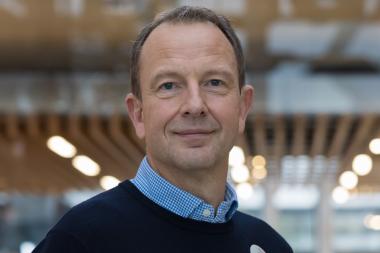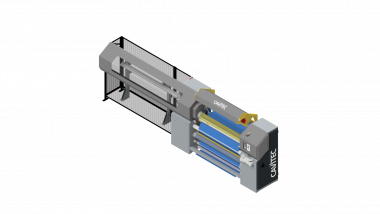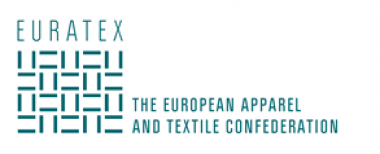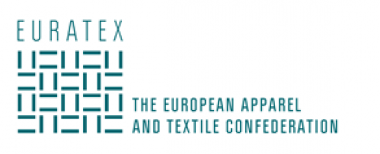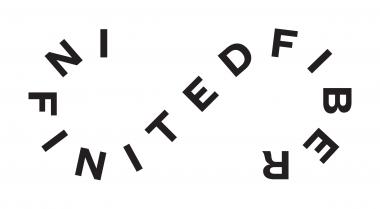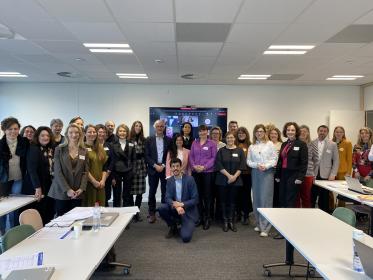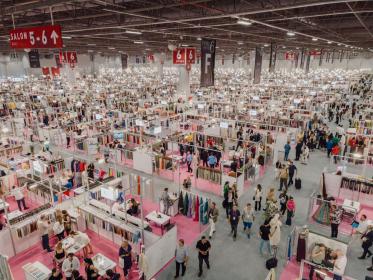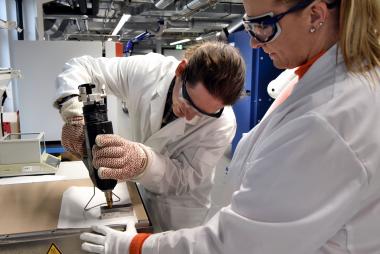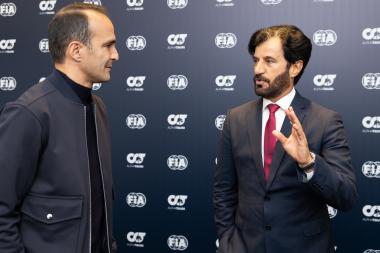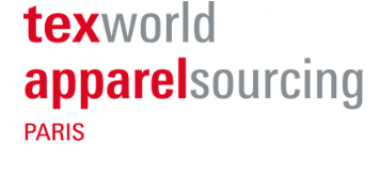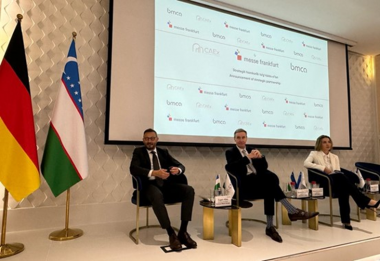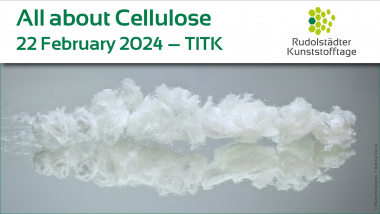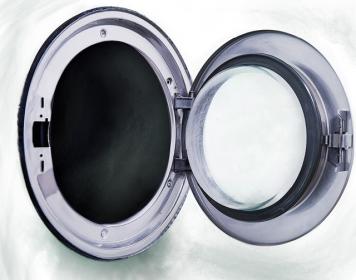Kornit Digital at Texprocess 2024
Kornit Digital LTD. will display its digital fabric and integrated workflow portfolio at Texprocess 2024, being held April 23-26.
Kornit Digital will feature a view into the end-to-end, fabric manufacturing ecosystem – allowing for production of any fabric and any design for any purpose. The centerpiece is Kornit Presto MAX, transforming the digital world of fabric printing with an ability to print on any fabric type – from cotton and polyester to denim and leather. Built on the promise of sustainability, Presto MAX reduces both water usage and waste. The system is the world’s first offering to print white ink on colored fabrics alongside neon to extend the color gamut by as much as 30 percent. Kornit’s new Vivido inks additionally offers dark black pigments.
Additionally featured is the KornitX Global Fulfillment Network, a solution designed to optimize operational efficiency, eliminate supply chain bottlenecks, and ensure products are readily available to meet customer demands. The solution connects brands, retailers, and digital platforms to a high-quality production network – providing rapid replenishment and trend adaptability for direct-to-fabric production. Pixel-to-parcel monitoring and control fully integrates the end-to-end production workflow for a seamless experience. The solution based on Kornit’s MAX technology enables brands to maximize margins, boost profitability, and pave the way for a sustainable future in the digital on-demand fashion and textile industry.
Beyond technology demonstrations, Kornit will additionally highlight how MAX technology serves as a vibrant partner platform to drive possibilities across the entire fabric printing and processing chain. Key partners highlighted include:
- Colortex: Providing fashionable, custom textiles for the footwear industry.
- ZwissTex: Offering quality, sustainable textile solutions for the automotive and clothing sectors.
- Print Logistic: Delivering a full range of services - from printing to worldwide drop-shipping for smooth e-commerce integration.
- CGS: Driving global performance through business applications, enterprise learning and outsourcing services.
- FastSwen: Leveraging Moving Cavity Technology (MCT) to transform textile handling and production efficiency.
- Premier Digital Textiles: Serving as the prime supplier of textiles with extensive warehousing across the US and UK.
- Greentex: Providing highly sustainable, innovative, and customizable fabrics for advanced textile printing.
Kornit Digital





